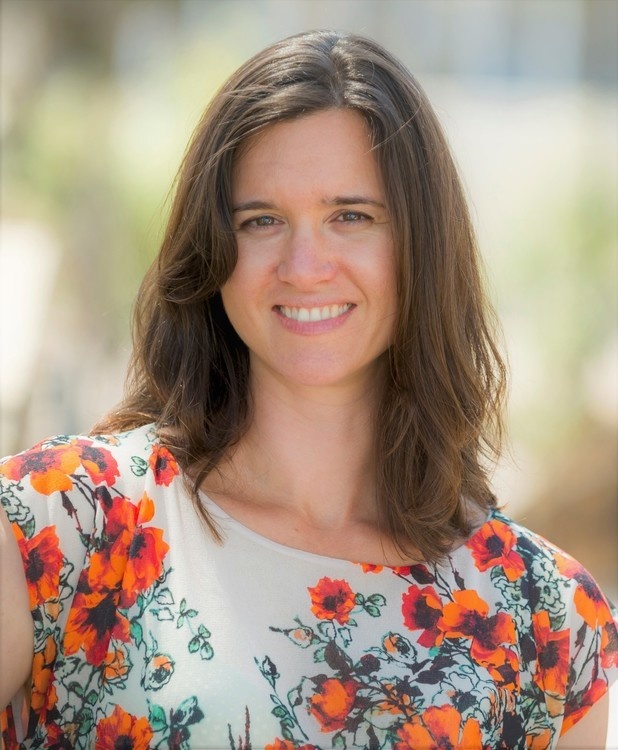
"The unexpected precision of an inducible transcription factor" Brenda Bloodgood, PhD, UCSD
Description
This seminar is being held virtually. Please click here to attend.
The unexpected precision of an inducible transcription factor
In neurons, inducible transcription factors (ITFs) are expressed in response to a variety of stimuli and regulate gene expression that is associated with morphological, synaptic, and circuit plasticity. Because of this, ITFs are routinely used to identify behaviorally-relevant neurons in vivo. Yet, it is unclear if an ITF can convey information to the nucleus about select features of a neuron’s activity and how this information is transformed into meaningful changes in neuronal connectivity and function. I will share work from my lab describing how, in CA1 pyramidal neurons in the mouse hippocampus, the transcription factor NPAS4 independently communicates changes in spiking and synaptic activity to the nucleus. These type types of activity engage molecularly distinct and spatially restricted signaling pathways that culminate in the formation of two different NPAS4 heterodimers. This information is then converted into precise changes in inhibitory circuit connectivity that reconfigures the computations performed by the pyramidal neuron. Using ex vivo electrophysiology, optogenetics, and CRISPR/Cas9 manipulations of Npas4, we find NPAS4 selectively regulates synapses made by two different populations of CCK inhibitory neurons and coordinates excitation and inhibition within subcellular domains. Finally, if time permits, I will share a preview of how these changes influences firing in vivo. This work is revealing the precision with which activity-dependent transcription and the target regulation of inhibitory synapses regulates the flow of information in the brain.
Brenda Bloodgood is an Associate Professor in the Division of Biological Sciences, Neurobiology Section at the UC San Diego. Research in the Bloodgood lab aims to understand how the function of neural circuits changes in response to an animal’s interaction with its environment. She is approaching this question by investigating how activity-dependent gene expression regulates the connectivity between excitatory and inhibitory neurons in the hippocampal microcircuit with the goal of understanding how these processes relate to animal behavior and disease.
Dr. Bloodgood earned her B.Sc. in Animal Physiology and Neuroscience from UC San Diego in 2001 and her Ph.D. from the Department of Neurobiology at Harvard Medical School in 2006. She continued at Harvard Medical School as a postdoctoral fellow before establishing her own lab in 2012. She is a Searle and Pew Biomedical Scholar, the recipient of a NIH Director’s New Innovator Award. Currently, she serves as the Director of the Neurosciences Graduate Program and the Co-Director of STARTneuro Program.

